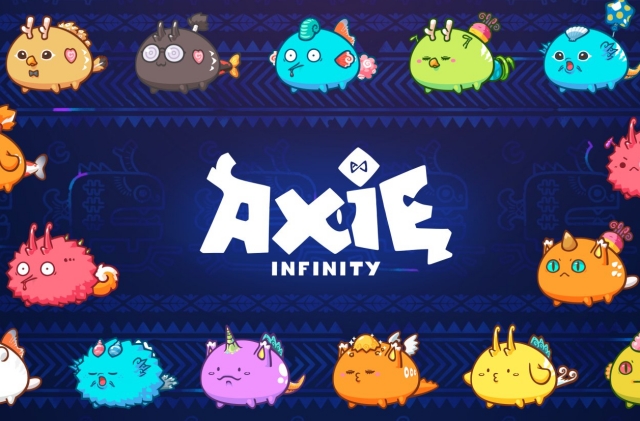“Axie Infinity” is a type of non-fungible token (NFT) online video game, and it recently became so popular in the Philippines due to its play-to-earn mode of gaming. It allows players to earn after successfully competing in battles, and now the country’s Bureau of Internal Revenue says that the earnings in the game are taxable.
According to ABS CBN News, the tax collection agency of the Philippines said on Tuesday, Aug. 23, that players of “Axie Infinity” should register with the BIR and pay taxes for the income they get from playing the NFT game.
“Many are saying, ‘Why is the BIR taxing us when we are just playing?” Marissa Cabreros, the BIR deputy commissioner, said regarding the imposition of tax on online gaming. “Unfortunately, while you play, you get paid income, you earn. At the end of the day, there is a flow of income to our players, so that is still income that can be taxable.”
In any case, people can earn cryptocurrencies while playing “Axie Infinity,” and these can be exchanged for real cash money in pesos for Filipino gamers. In recent months, the popularity of this online NFT game title has exploded, and the value of crypto has also soared. This is the main reason why it attracted millions of players, particularly in Manila.
Likewise, the Business World reported that the nation’s Department of Finance (DoF) confirmed that “Axie Infinity” and other NFT games with play-to-earn options are subject to tax because they provide income derived from trading and investing in cryptocurrencies.
Antonette C. Tionko, DoF Undersecretary and Revenue Operations Group chief, stated that any gains from cryptocurrency are taxable, and this includes the earnings from playing NFT games. But then again, the official clarified that buying tokens that are needed in the game is not taxable.
She said that players of “Axie Infinity” must report the earnings they get from playing to the BIR so that they can pay the applicable tax. Tionko also pointed out that the game is not registered in the country, so the agency is looking to form a system for registrations in the Philippines.
“Apparently, it’s a non-resident foreign corporation,” she said. “It is not registered in the Philippines and that is one of the things that we hopefully capture once we have that system of registration for non-residents, those types of companies.”



 Sony Q3 Profit Jumps on Gaming and Image Sensors, Full-Year Outlook Raised
Sony Q3 Profit Jumps on Gaming and Image Sensors, Full-Year Outlook Raised  Toyota’s Surprise CEO Change Signals Strategic Shift Amid Global Auto Turmoil
Toyota’s Surprise CEO Change Signals Strategic Shift Amid Global Auto Turmoil  Nvidia CEO Jensen Huang Says AI Investment Boom Is Just Beginning as NVDA Shares Surge
Nvidia CEO Jensen Huang Says AI Investment Boom Is Just Beginning as NVDA Shares Surge  Missouri Judge Dismisses Lawsuit Challenging Starbucks’ Diversity and Inclusion Policies
Missouri Judge Dismisses Lawsuit Challenging Starbucks’ Diversity and Inclusion Policies  TSMC Eyes 3nm Chip Production in Japan with $17 Billion Kumamoto Investment
TSMC Eyes 3nm Chip Production in Japan with $17 Billion Kumamoto Investment  Ford and Geely Explore Strategic Manufacturing Partnership in Europe
Ford and Geely Explore Strategic Manufacturing Partnership in Europe  FDA Targets Hims & Hers Over $49 Weight-Loss Pill, Raising Legal and Safety Concerns
FDA Targets Hims & Hers Over $49 Weight-Loss Pill, Raising Legal and Safety Concerns  TrumpRx Website Launches to Offer Discounted Prescription Drugs for Cash-Paying Americans
TrumpRx Website Launches to Offer Discounted Prescription Drugs for Cash-Paying Americans  Washington Post Publisher Will Lewis Steps Down After Layoffs
Washington Post Publisher Will Lewis Steps Down After Layoffs 































